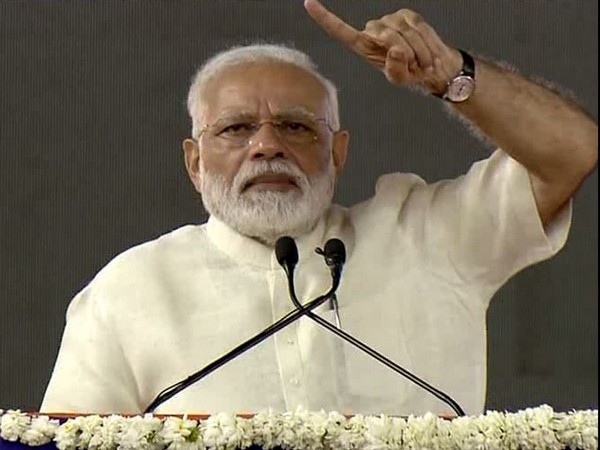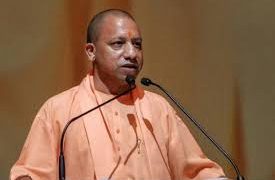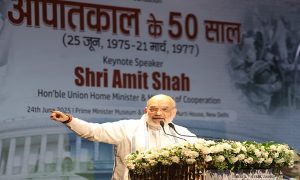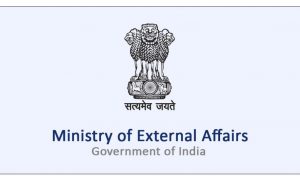The opposition, which was waiting for a golden chance to attack the Modi government about its failed promise to curb black money, have effectively lost it.
In the lead-up to the 2014 Lok Sabha elections, Bharatiya Janata Party’s prime ministerial candidate Narendra Modi had promised to curb the flow of black money from India to the Swiss banks.
In 2017, the PTI reported a 50% rise in the deposits by Indians in Swiss banks to the tune of 1.01 billion CHF (Swiss Francs) (INR 7,000 crore).
Piyush Goyal, in charge of the finance ministry, informed the Lok Sabha that Indian deposits in Swiss banks dropped by 34.5% in 2017 and overall 80% since 2014. Goyal quoted data from the global body of central banks, the Bank of International Settlements (BIS). Thus, the PTI report was proved factually wrong.
The government’s “demonetisation” strategy, launched in November 2016, was widely criticised by many. However, it has shown some effects in curbing black money within India and abroad.
India has been proactive in efforts to forge multi-lateral regime for sharing financial information known as Automatic Exchange of Information (AEOI). This helps the global efforts to combat tax evasion.
The availability of actual data about black money and the dip in Swiss bank deposits are due to an agreement between India and Switzerland, called Multilateral Convention on Mutual Administrative Assistance in Tax Matters (MAC) and also Multilateral Competent Authority Agreement (MCAA). These two agreements have triggered automatic exchange of information and India will receive yearly data about Indian deposits in Swiss banks on an automatic basis.
A Special Investigation Team (SIT) on black money was formed in May 2014. This team is actively pursuing cases of substantial black money / undisclosed income, particularly black money stashed abroad.




























 WhatsApp us
WhatsApp us